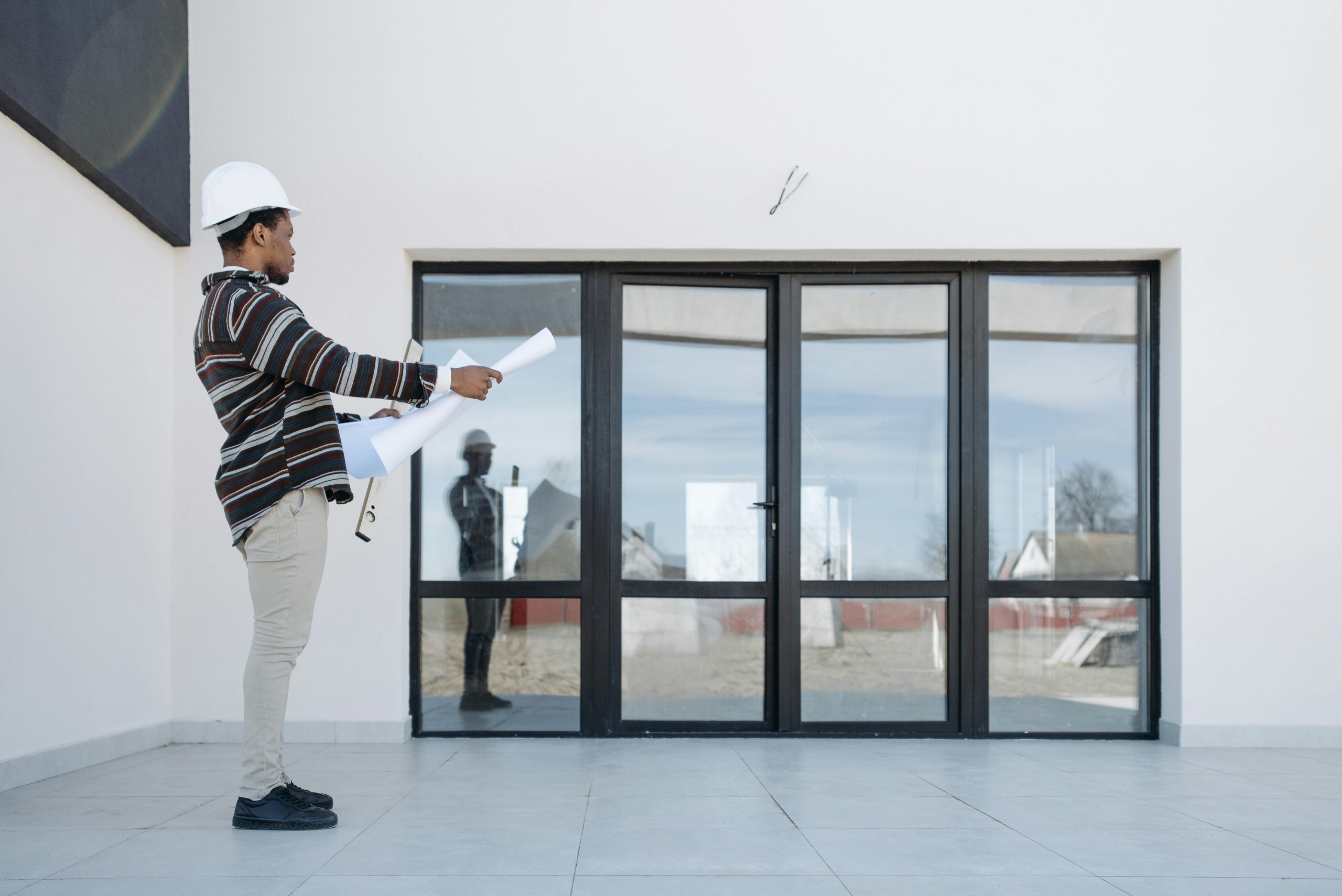Purchasing a property or land at auction can be a great way of securing a terrific deal with a quick and efficient handover of ownership. A common place for motivated sellers to list distressed assets, undeveloped projects, or properties that have sat on the market for an extended time, it will come as no surprise that auctions are popular among developers and investors alike.
However, if you’ve never been to a property auction before, it’s important to do your due diligence and understand how buying and selling differ from the standard process.
At Phoenix Funding, we help our clients secure financing for auction properties and make purchasing a reality for people every day. So, we’re very familiar with the auction world. Read on as we share everything you need to know before you lift that paddle.
Try before you buy
If you’ve never attended an auction before, you may find it beneficial to head online and simply observe first. They’re fast-paced and can be a bit overwhelming your first time, so a trial run will mean you know what to expect before the real deal when you make a bid.
Visit before you buy
It’s easy to get competitive at an auction and get carried away, so we’d always recommend doing your research beforehand and coming armed with an understanding of the legal pack, your budget, and how to finance an auction property.
Property catalogues are released a few weeks before the auction, so you can visit the lot of your choice and get a better understanding of its true value. If the property you are bidding on needs to be developed and you’re not experienced in construction and will simply be the money person, make sure to take a contractor with you so they can highlight any potential faults or risks and give you a ballpark figure cost of the job.

We would also recommend researching comparable property prices and any major planned investment in local gentrification to inform your ceiling price. Remember: the guide prices at auctions can be very low to entice a bidding frenzy. The end cost is typically much more.
In the instance where the highest bid doesn’t reach the reserve price, the auctioneer may encourage follow-up negotiations between the highest bidder and the seller. This could lead to a purchase below the original reserve and the opportunity for a great investment long-term.
Organise before you buy
Like with the typical property purchase process, cash is king at auctions. However, many people buy with the help of a loan. Bridging loans for auction properties are popular due to the ease and speed with which they can be secured.
If you’re the successful bidder, you’ll need to pay a 10% deposit that same day. You’ll then, typically, have 28 days to pay the remaining 90% and any associated fees. Failure to pay this will mean you default on the purchase and could lose the property and your deposit monies.
Mortgages and some other forms of finance can take longer than four weeks to process from initial enquiry through to completion. So, many people consider a bridging loan for auction purchases, before refinancing at a later date.
If you need short-term finance with certainty of funding, Phoenix Funding may be able to help. Our bridging loans are available from a minimum value of £200,000, up to 75% of the value or purchase price (whichever is lower), with terms from a minimum of three months.
Get in touch with our team before you attend the auction, and we’ll provide you with an idea of how much you could borrow before you raise that auction paddle.
Happy bidding!
